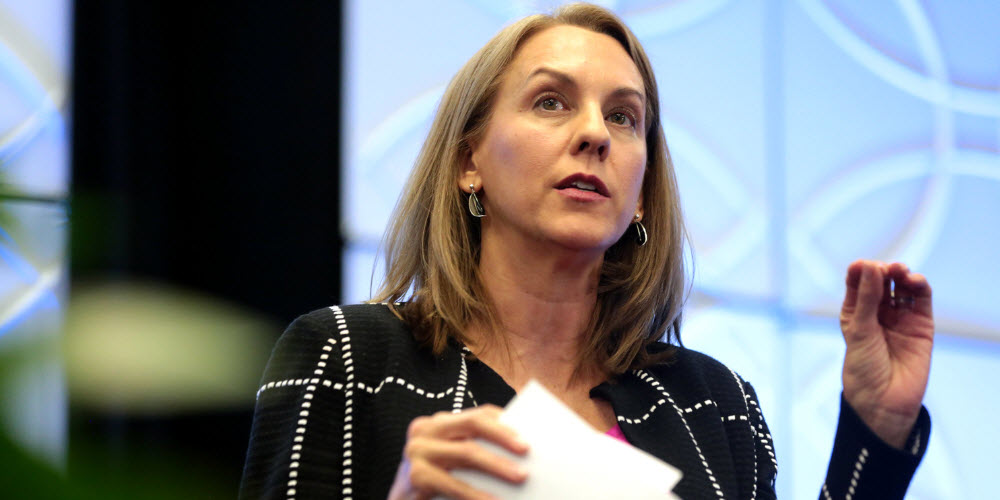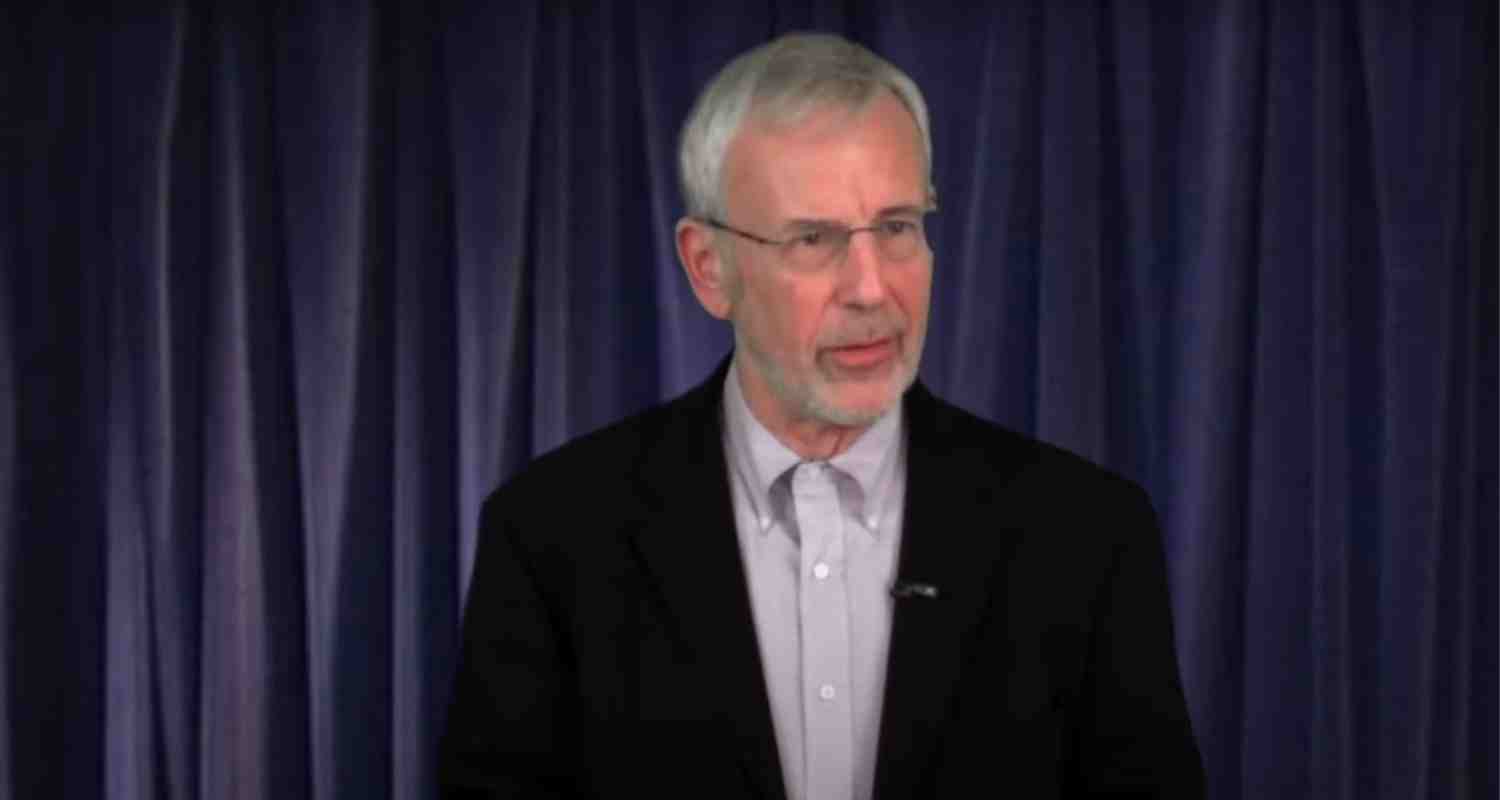A financial executive no longer loved Mondays until a health scare recently changed his mindset. Today, Ron Monteiro coaches and mentors leaders to help them build high-performance teams. His book is Love Mondays: A Proven Process to Bring Joy Back into Your Work Week and Life. Ron teaches us four simple steps to becoming Monday Mavericks. He then outlines seven clever tactical steps for leaders in developing Monday Mavericks. The brain candy continues in section three.
Episode Highlights
- The alternative book titles to Love Mondays! that did not make the cut
- The mother-in-law shoutout
- Don’t skip the introduction: “It was time to do something different.”
- The overwhelming weight of packaging this type of book
- Ikigai – a key concept to loving Mondays
- Coaches are not just for CEOs
- The Power of Yet
- Mark’s suggestion: don’t chase the title; chase the meaningful work behind the title
- Ron’s 10-point-scale ratings of the companies he worked for
- The research on chest bumps, yes, chest bumps (and high fives, too)
- Mark’s favorite quote: “We want to help you build the resume you never have to use.”
- The Lightning Round: Anne Gomez, Christine Cruz-Clarke, and Jim Alling
The author shares his personal story, beginning with a pivotal moment that set him on a new course. You’ll also find a step-by-step process designed to help you discover your purpose and build a genuinely enjoyable career. For leaders, there’s also a guide to cultivating a culture that makes Mondays enjoyable for your team.
Five Questions for Mark
We don’t do this for every show, but occasionally, I’ll get enough questions from my inner circle, and if I get enough of them, I’ll document my answers on the show notes page. The responses are raw and mostly unedited.
1. Did you like the book?
We get so many requests from marketing agents, PR professionals, and publicists that I can’t always remember the origin story of how we were introduced to the author. In this case, I think a PR executive pitched me that I know and trust. When I saw the title, I thought, “I’ve read that before.”
I mean, there is already a book by John Beckett that’s been out for a while, Loving Monday. I have it in my library, and it’s not a bad read.
Accordingly, I wasn’t expecting to be blown away by Ron’s book. Ron’s presentation is simple. He’s a flawed hero with limitations. He found his guide enabling him to come up with a few steps to start loving Mondays, and he provided suggestions in the book’s second part for leaders to help their team members love Mondays. The last section is brain candy, where about a dozen Monday Mavericks (Ron’s term) share their stories.
Ron is clever with this approach. The person learning to love Monday will become the person who helps others love Mondays later in their careers. Accordingly, Ron did not confuse this book by having two audiences who can gain insights from it.
In my personal rating dairy, I gave the book 4.5 stars on a 5.0 scale.
2. How did you read the book?
Most people don’t know how I read nonfiction. I generally read the book backward, which is why I see the reason you asked the question.
If you are curious, I read the resources page first. That gives me a clue about the author’s depth of knowledge on the topic and whether he reads widely. I’m trying to decide if Positive Intelligence belongs on his list. Maybe, maybe not.
I then read his gratitude section. Like old people who read obituary pages, I read acknowledgment sections because I like learning about the names important to the author. That’s when Nani put a smile on my face.
I read three stories from the Monday Mavericks and couldn’t stop. About 25 minutes later, I completed that section.
Next, I read Ron’s introduction and then the following two sections.
For whatever reason, that bizarre reading experience made the content sticky and enjoyable. If you are wondering if you should read it the same way, don’t. I’m just weird.
3 What popped in the book?
That sounds like a Dan Pink question. Several ideas spring to mind, and I think we hit them in the interview with Ron.
I loved the NBA study at UC Berkeley, which showed that teams with the most high-fives, chest bumps, fist bumps, and huddles tended to be the most successful. Seriously? Did Brian Jones and Patrick Lencioni commission that study? Every leader building teams that love and are committed to their work needs to know this study.
I love this quote: “We want to help you build the resume you never have to use.” In my executive coaching, every CEO will see this in their coaching portal.
Taiichi Ohno, W. Edwards Deming, and Peter Drucker have probably had the most significant impact on my consulting career. The first two continue to lead me down long rabbit trails in my thinking. I uncovered The Harada Method last year. Accordingly, Ron’s mention of Ikagi stood out in a big way.
Finally, I gave myself a homework assignment. Somehow, I forgot about Dweck’s power of yet thinking in her groundbreaking book, Mindset. A big high five to Ron for including this in his book.
You should have asked me what didn’t pop. There is a Good to Great vibe, and readers who love The Halo Effect might find some of Ron’s terms offputting. I didn’t, but I wish the Good to Great lingo had been dropped.
I hope Ron uses his terms in version two of this book, not someone else’s. Ron has a gift. He’s a great communicator, and he cares about others. He’s a deep reader and a reflective thinker. He can do far better than Jim’s catchy and gimmicky terminology, which helped make that book far more popular than his first, which was a flop in sales.
4. What advice do you have for Ron?
You know I don’t like to answer those questions unless they are in private. Let’s let everyone in on the reason for the question: I have been consulting for nearly 25 years, I have coached several authors in building their consulting platforms, and I’m a startup founder in a national coaching firm.
The only thing I will say is, “Good for him.” Gerber blew it. He should have stuck to one thing. He left the reservation when he didn’t need to. I’ve interviewed a few guests doing something similar—writing too many books with no common theme or thread.
I don’t know Ron personally, but I think he not only loves his lane but will stay in it. If he writes a second book, it will augment the first.
I remember past guests like Amy Bruske, Ben Lamorte, and Christina Wodtke. They are not one-trick ponies. Yet, these talented speakers, authors, and consultants focus on one thing and do it well. Let’s throw Liz Wiseman, one of my favorite guests, into this mix, too.
5. What is a good book pairing?
Before I answer, let me give some background. Anytime I recommend books, I like to offer book pairings. Don’t ask me why; I just do.
I love coaching new and first-time CFOs. A book I always bring up is Everybody Ought to Be Rich: The Life and Times of John J. Raskob.
I abhor the title, and I always include the subtitle so that we can eliminate it from the thousands of cheap therapy self-help books on the market.
Raskob was the first CFO of the modern era. No one told him how to be CFO. He knew his lane. Deep analytical and performance thinking were not his gifts. That’s why he hired Donaldson Brown at GM, where he could work his magic. He’s one of the pioneers in FP&A and entrepreneurial controllership.
Raskob’s gift was finding and allocating capital. He knew a good investment when he saw one. He knew how to work in a boardroom and was a brilliant negotiator.
Raskob loved Mondays because he figured out his unique ability very young and kept pushing the envelope into unchartered territory. That’s why his story is the perfect pairing for Ron’s book.
6. Who should Ron interview next on his podcast?
I learned years ago never to use the word ‘should’ when speaking to an entrepreneur. But since you asked, I’d start with Alok Sama, whom we interviewed. That would be a fun and philosophical conversation. Plus, they have something personal in common.
I would also pay good money to hear Ron interview Liz Wiseman and Amy Bruske. They would love his book, as it aligns with what they teach.
The inner circle did not ask my favorite question: What was Ron like? We spent nearly fifteen minutes yacking before the interview started, and he was asking me as many questions as I was to him.
He’s likable, friendly, speaks with a smile, is all in like Gene Kim, and is just an overall great guy. He’s a podcaster’s dream to interview. I bet his clients love him. He’s also someone I’d like to hear speak in person.
Books Mentioned
Ron Monteiro Important Links
- LinkedIn profile
- FP&A-Trends bio page
- Ron’s YouTube channel
- MacKay CEO Forums profile page
Episode Pairings





Leave a Reply